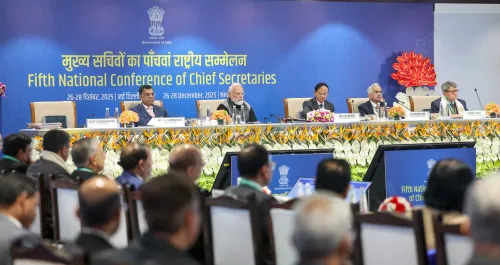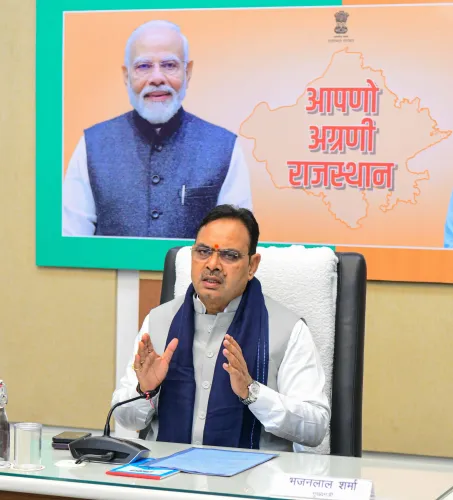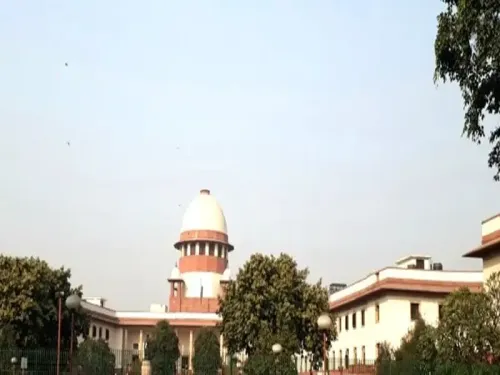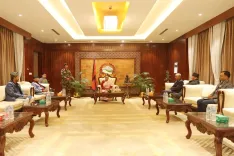Should GST Officials Access Data from an Advocate’s CPU Without Consent?
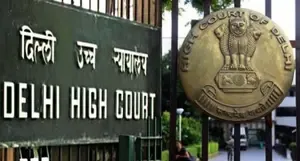
Synopsis
Key Takeaways
- Delhi High Court emphasizes attorney-client privilege.
- GST officials cannot access advocate data without consent.
- Importance of confidentiality in legal proceedings.
- Procedures established for examining seized CPUs.
- Next hearing set for October 30.
New Delhi, Sep 11 (NationPress) The Delhi High Court has ruled that the GST Department must not access data from the seized CPU of an advocate unless he is present and provides consent, warning that such actions could lead to a significant violation of confidentiality and attorney-client privilege.
A Bench comprised of Justices Prathiba M. Singh and Shail Jain was reviewing a challenge brought forth by advocate Puneet Batra, who contested the recent search of his office in Mayur Vihar and the confiscation of documents and electronic devices, including his CPU.
Batra, who practices law, claimed that the GST Department's actions violated confidentiality, as his CPU contained sensitive client files not related to the ongoing investigation against one of his clients, M/s Martkarma Technology Pvt. Ltd., a gaming enterprise.
Conversely, the GST Department argued that while the petitioner is indeed an advocate, he was not solely acting in an attorney-client capacity, but was also involved in managing the company’s operations.
In its ruling, the Delhi High Court refrained from commenting on the petitioner’s role or his involvement in managing the client’s business.
“The only directive the Court is inclined to issue at this juncture, without delving into the merits of this matter, is to allow the GST Department to analyze the CPU, contingent upon various precautions and conditions,” stated the Bench led by Justice Singh.
The Court took a strong stance on the seizure, emphasizing the importance of preserving attorney-client privilege.
“GST officials must not be allowed to open an advocate’s CPU or computer without his presence and consent, as this could lead to severe breaches of confidentiality and attorney-client privilege,” the Delhi High Court remarked.
“The GST Department is warned that, barring exceptional circumstances and subject to additional orders from the Court, any search of an advocate's office or access to a computer should only occur in the presence of the advocate,” it added.
Nevertheless, it allowed the GST Department to scrutinize the CPU, provided they follow a detailed protocol.
The Bench led by Justice Singh instructed that the CPU examination must take place in the presence of Batra, his legal representatives, IT officials from the Delhi High Court, and forensic experts from both parties.
Upon accessing the CPU, the last date of data access, the nature of files accessed during previous inspections by GST officials, and whether any files were deleted, copied, or removed will be documented, along with the respective dates and times.
Additionally, the Delhi High Court mandated that the entire hard drive be cloned, with only files pertinent to the gaming company and its affiliates being shared with the GST Department.
“Once the above procedure is completed, the CPU shall be sealed and remain in the custody of the GST Department, with the stipulation that it shall not be accessed or opened without further orders from this Court,” it stated.
The Delhi High Court further declared that “no coercive measures shall be applied against the petitioner (advocate)” until further deliberation on the case. The CPU inspection is set for September 11 and 12, with the next hearing scheduled for October 30.



